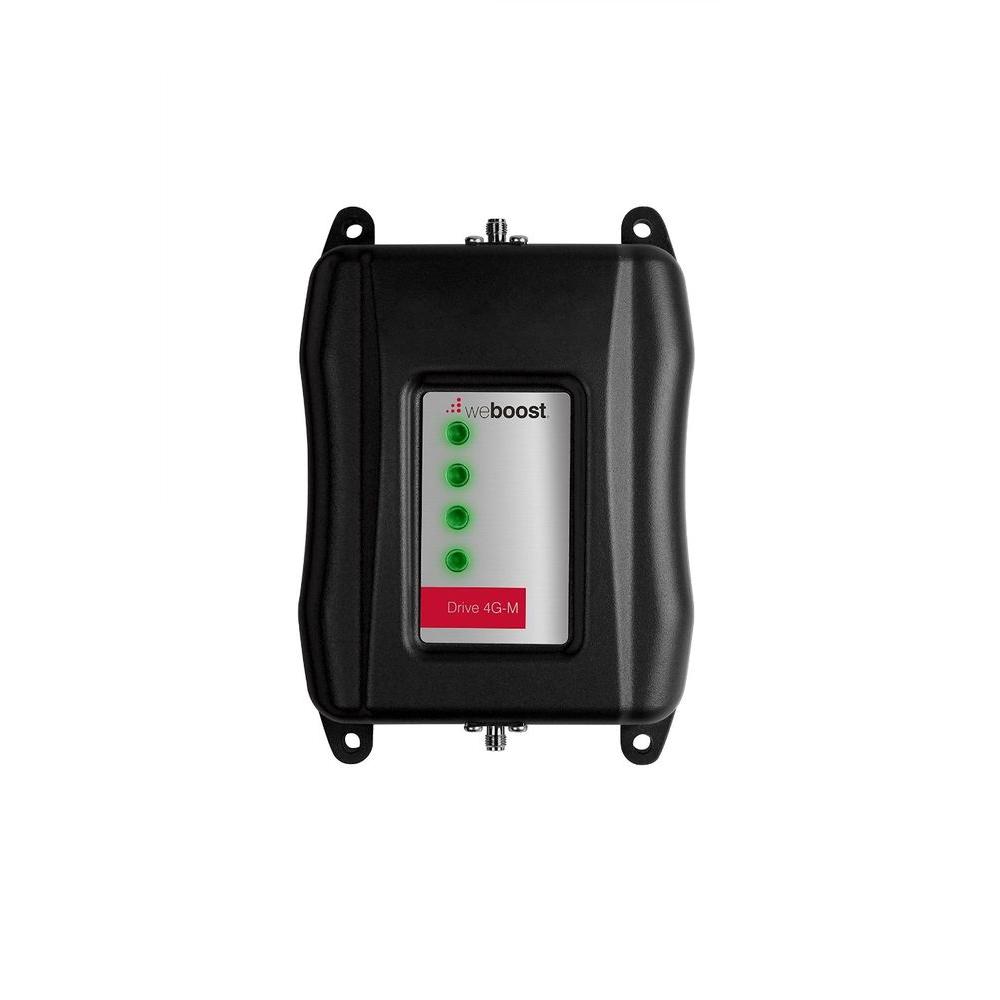


Some people who live in areas with very poor cell reception opt to turn on Wi-Fi calling so they can use their dedicated internet connection to make calls.

They can amplify 3G, 4G and LTE signals, and modern devices can amplify 5G signals too, offering a good amount of future-proofing. Can Cell Phone Boosters Work for Calls and Data?Ĭell phone boosters are useful for calls, SMS messages and data. The donor antenna passes the signal to an amplifier, which sends the amplified signal to transmitters installed inside the building, allowing residents or office users to get good reception indoors. Unfortunately, they lose a lot of power when having to travel through walls, so it is common for cell phone signals to be weaker indoors or in areas where there are a lot of tall buildings.Ĭell phone boosters work by using a donor antenna on the outside of a building, in an area with better reception. In open air, these waves can travel a very long way. These RF waves are a form of energy that falls somewhere between FM radio waves and microwaves on the electromagnetic spectrum. How Do Cell Phone Boosters Work?Ĭell phones communicate with cell towers using Radiofrequency (or RF) waves. However, these devices can amplify incredibly weak signals so if coverage is spotty or the signal is just weak, there is a high chance that installing a booster will give you a usable signal. If there’s no coverage at all for your network in a given area, the booster won’t work.

It’s important to note that cell phone boosters simply amplify the signal that is already available. You can use a cell phone booster to get a better signal at home, in the office or in rural areas. What Is a Cell Phone Booster?Ĭell phone boosters are devices that amplify the existing mobile phone signal, improving coverage within the range of the device. You might go on vacation and have plans to check in with work or family back home only to find that there’s no signal at the picturesque camp site.Ĭell phone boosters solve that problem by amplifying mobile signals, allowing people to continue using their phones as normal in areas with poor coverage. It’s not uncommon for people to take out a phone contract and have great signal at home only to find that reception in their office is poor. Being able to communicate on the go is critical, but unfortunately, cell phone signal strength is not uniform across the whole country. Today, we depend on cell phones for day-to-day communication.


 0 kommentar(er)
0 kommentar(er)
